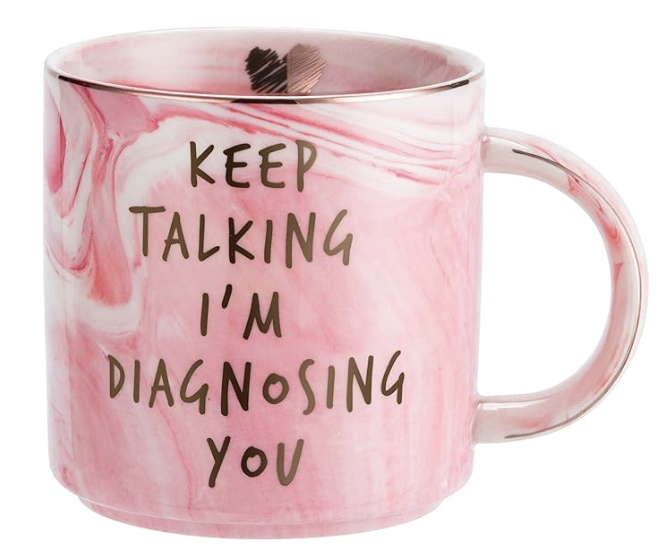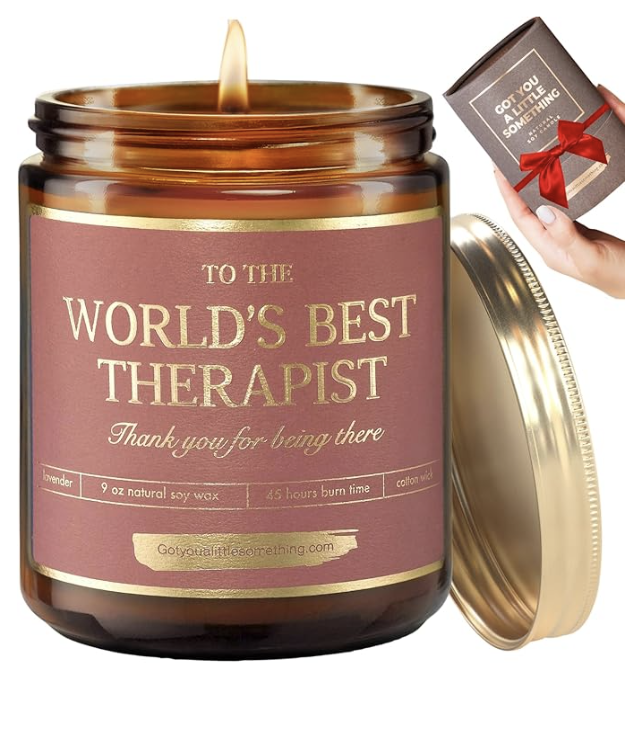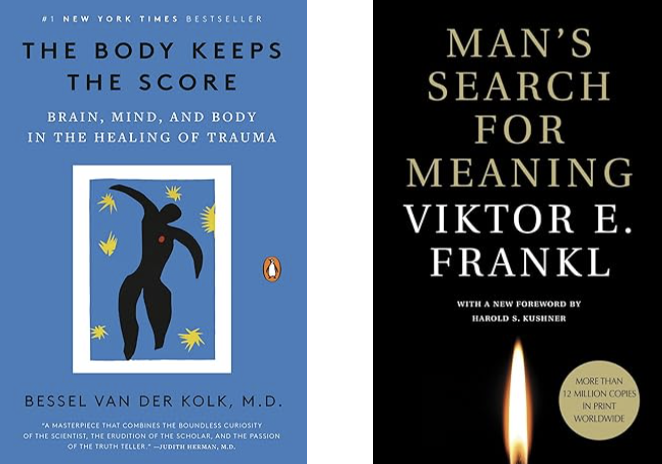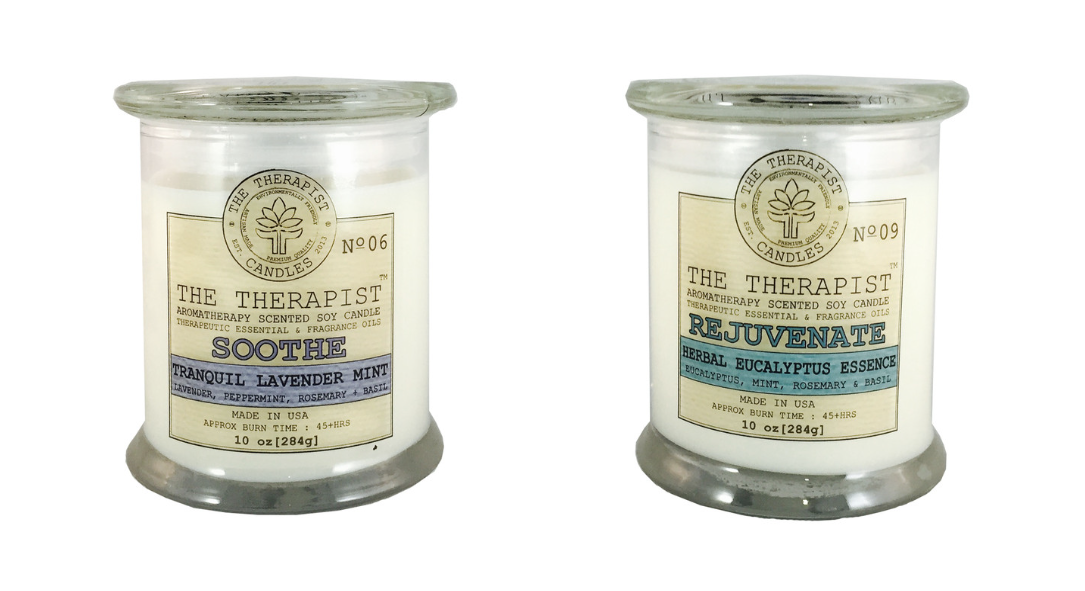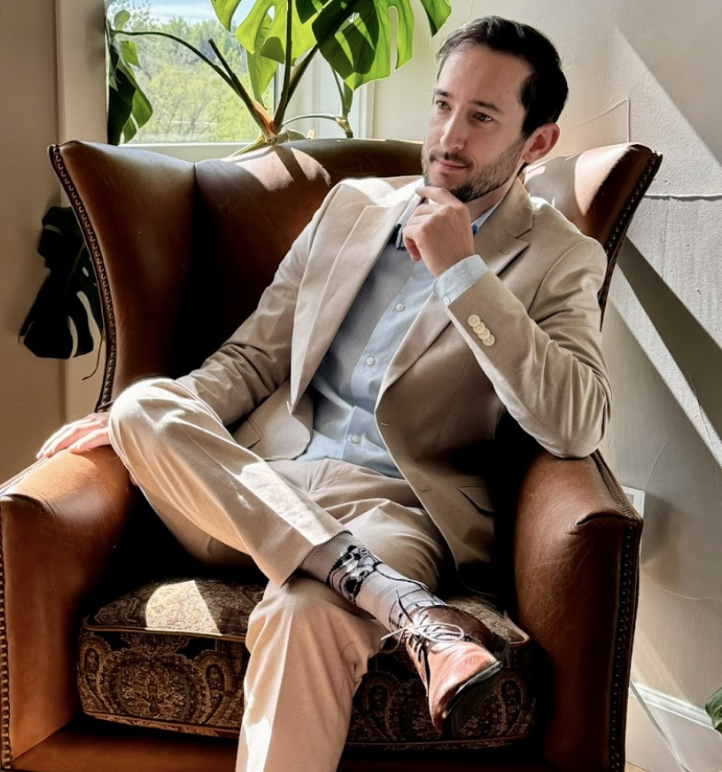Gifts for Therapists
Authors: Ryan Shinazy & Cole Butler, MACP
(5-minute read)
Gifts for Therapists: Balancing Thoughtfulness with EthicsTherapist receiving a thank you gift.
Introduction
Gift-giving is a common way to show appreciation and gratitude, and this can extend into the therapeutic relationship. However, when it comes to therapists, there are important legal and ethical considerations that must be understood before giving or accepting a gift. This article will explore these considerations as well as provide a list of thoughtful gift ideas for therapists.
Legal and Ethical Considerations
Giving or receiving gifts in the therapeutic context can involve navigating complex ethical landscapes. The key considerations include the potential impact on the therapeutic relationship, the monetary value of the gift, the cultural implications, and the motivations behind both giving and receiving gifts.
Here is a brief overview of the main points from various professional codes and ethical guidelines:
The American Association for Marriage and Family Therapy (AAMFT) emphasizes the importance of cultural norms when considering gifts. Therapists should evaluate the potential effects on the client and the therapeutic relationship, considering whether accepting a gift might compromise professional boundaries.
The American Counseling Association (ACA) states that small gifts can be seen as expressions of respect and gratitude. Therapists should consider the therapeutic relationship, the gift's monetary value, the client’s motivation, and their own motivation in accepting or declining the gift.
The American Mental Health Counselors Association (AMHCA) advises therapists to be aware of cultural norms related to gifts. Therapists should clearly explain financial arrangements, including those related to gift-giving, early in the therapeutic relationship.
The National Association for Addiction Professionals (NAADAC) warns against creating multiple relationships with clients. If accepting a gift is unavoidable, therapists should document the transaction and any resulting outcomes to ensure no exploitation occurs.
The National Board for Certified Counselors (NBCC) generally advises against accepting gifts but allows for small tokens if they fit within cultural norms or have therapeutic relevance. Therapists should consider the value and potential impact on the therapeutic relationship.
The American Psychological Association (APA) lacks specific guidelines on gift-giving but suggests evaluating each situation to ensure no harm to the client.
According to Psychiatrist.com, studies on gift-giving in therapy indicate that while it is rare, when it occurs, small inexpensive gifts are often accepted, whereas expensive gifts are usually declined.
Understanding the client's motivation is crucial, as gifts can range from expressions of gratitude to attempts at manipulation. The therapeutic context, cultural background, and the specific circumstances of the client should guide the therapist’s decision.
Overall, therapists should consider the value, intent, and potential impact of any gift. Documentation and clear communication about gift policies from the outset are essential to avoid misunderstandings and maintain the integrity of the therapeutic relationship.
Gift Ideas for Therapists
Now that we have covered the ethical considerations of gift giving and receiving for therapists, let’s move onto some gift ideas!
When selecting a gift for either your therapist, or a friend or family member who’s a therapist, it’s important to choose items that are thoughtful, professional, and appropriate. Here are some ideas that are generally well-received:
1. Therapist-Branded Items: Personalized mugs, candles, or tote bags with inspirational quotes or therapy-related humor can be a charming and useful gift.
2. Books: Consider books on psychology, self-help, or topics that align with the therapist’s professional interests. Titles like "The Body Keeps the Score" by Bessel van der Kolk or "Man’s Search for Meaning" by Viktor Frankl are great options.
The Body Keeps the Score Man's Search for Meaning
3. Candles: Scented candles can create a calming atmosphere in the therapist’s office. Scents like lavender or eucalyptus are known for their relaxing properties.
Therapist Essentials Lavender Candle Therapist Essentials Eucalyptus Candle
4. Small, Low-Maintenance Plants: Plants such as succulents or peace lilies can brighten up an office without requiring much care, symbolizing growth and tranquility.
5. Spiritual Gifts: crystals, sage, or incense can carry a lot of meaning and be significant gifts for some therapists.
Redwood Crystals, Fort Collins
6. Gift Baskets: A basket filled with teas, snacks, or self-care items can be a delightful way to show appreciation. Make sure to include a variety of items to cater to different preferences.
7. Fidget Toys: These can be helpful additions to the therapist’s office, offering clients a way to manage anxiety or stress during sessions. Options include stress balls, fidget spinners, or sensory rings.
8. Weighted Blankets: Known for their calming effects, weighted blankets can be a thoughtful gift, especially for therapists who work with clients dealing with anxiety or sensory issues.
Parting Words
Gift-giving in the therapeutic context can require careful consideration of legal and ethical guidelines to ensure the therapeutic relationship remains professional and beneficial. While small, thoughtful gifts can be a meaningful way to show appreciation, therapists and clients alike must navigate this terrain with sensitivity and awareness. By choosing appropriate gifts and understanding the complexities involved, we can maintain the integrity and efficacy of the therapeutic alliance.
About the Author:
Ryan Shinazy
Ryan Shinazy is an Intern at Integrative Care Collective PBC. He is an Honors Student in Psychology at University of Northern Colorado (UNC). He is currently a Senior with a 4.0/4.0 GPA. He is currently working on developing his honors thesis under Dr. James Kole, entitled: Understanding Loneliness in the Digital Age: Implications of Social Media Use. He plans to get his Master’s Degree in Clinical Mental Health Counseling at UNC. As ICC PBC’s Intern, he is responsible for content production, including SEO-optimized blog posts and social media content.
Find him on LinkedIn!

